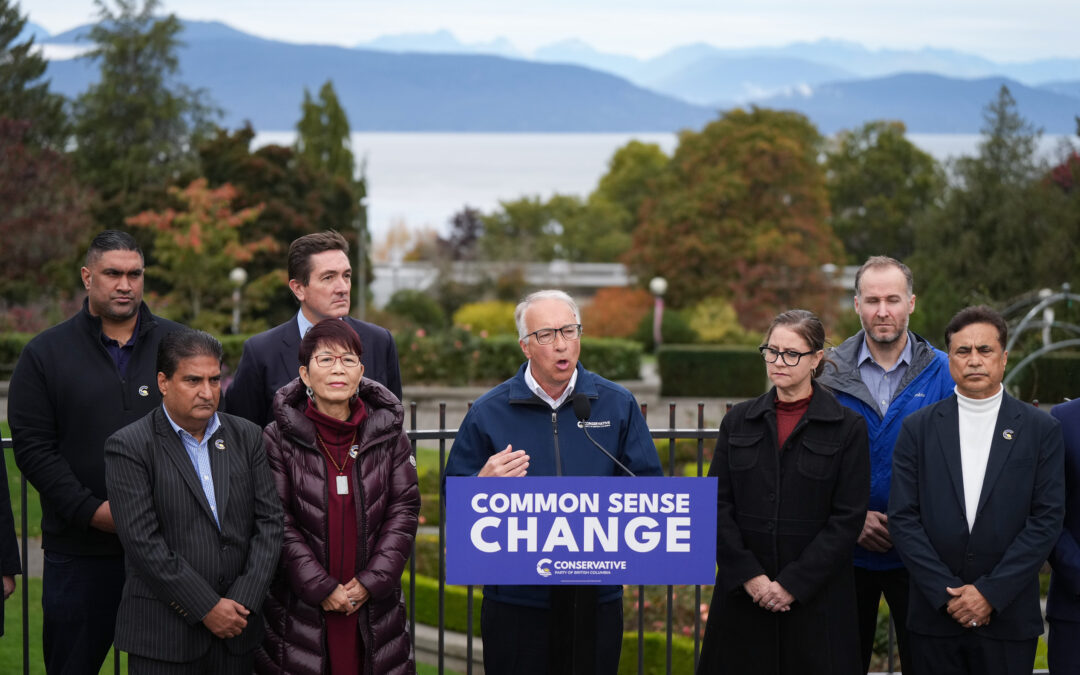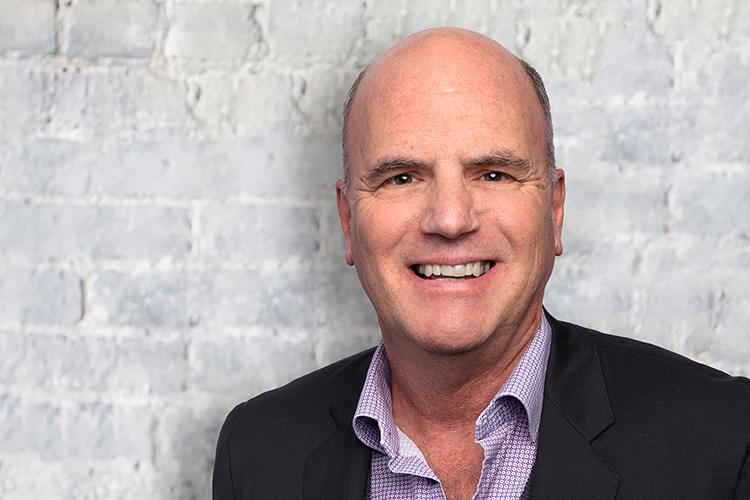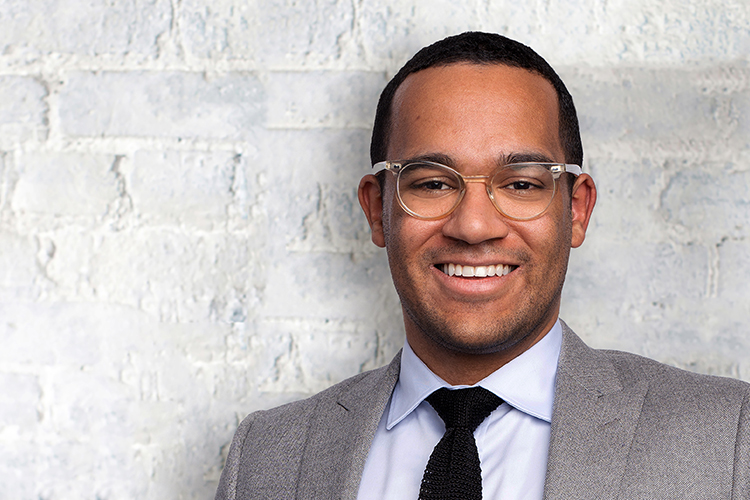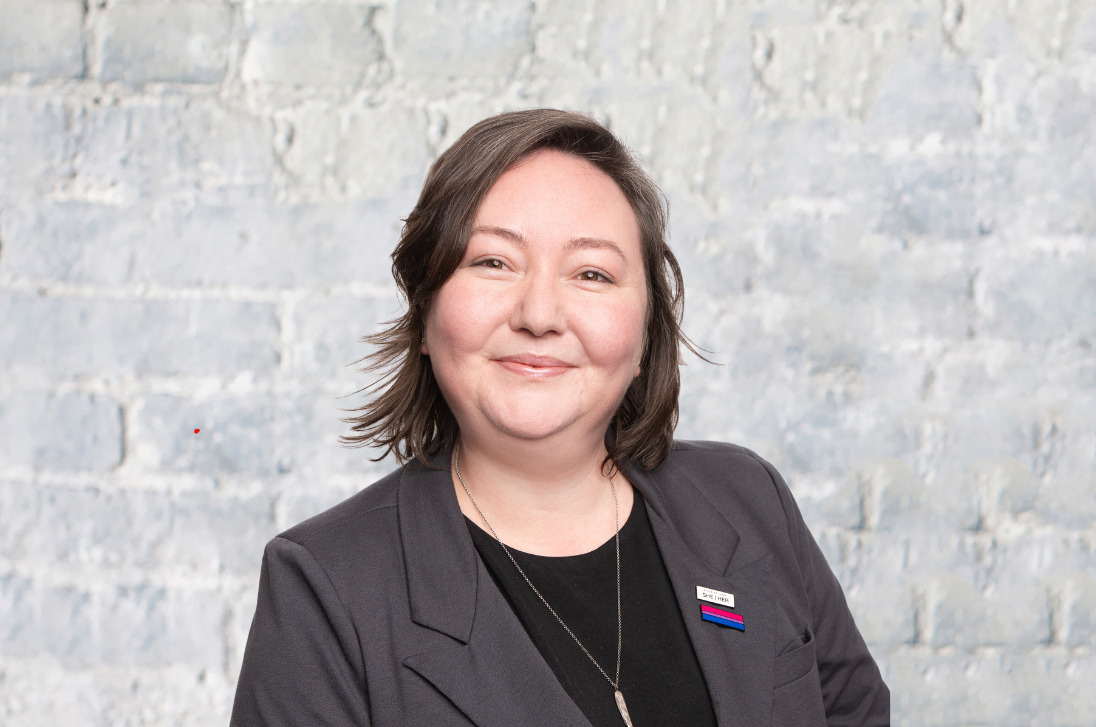Regardless of the outcome of the BC election on October 19, the political story of the year has undoubtedly been the historic rise of the BC Conservatives. Barely an afterthought in the 2020 election, the party is now neck and neck with the governing BC NDP over who will lead the province for the next four years.
At this time last year, the Conservative Party of BC had a two-campaign strategy: win enough seats to form the Official Opposition in 2024 and then aim to win government in 2028. However, their swift rise and the collapse of the BC United campaign has created the conditions where they may achieve their 2028 goal sooner.
That said, the BC Conservatives are confronted with many more obstacles than the BC NDP in forming the next provincial government. In many ways, the BC Conservatives face a similar challenge to that of the Alberta NDP in 2023, when they lost to Danielle Smith’s UCP despite a strong campaign. Like Smith, BC NDP leader David Eby enjoys a far larger margin for error than the upstart BC Conservatives.
The BC NDP’s strategy is straightforward: defend the 57 seats they won in 2020 while remaining competitive in newly created constituencies such as Vancouver-Yaletown, Juan de Fuca-Malahat, and Surrey-Serpentine River. With a commanding lead in fundraising, the BC NDP can afford to buy province-wide advertising and run strong local campaigns in all target markets, supported by experienced political staff taking leaves of absence to manage these efforts.
Crucially, the BC NDP doesn’t need to win every local race to form a majority government. They could lose up to 13 seats and still maintain a slim majority with 47 seats. That’s a significant cushion, providing them with ample room for error.
In contrast, the Conservative Party of BC needs almost everything to go right to secure 47 seats. They also face additional challenges from five former BC United incumbents running as independents in key ridings such as Kootenay-Rockies, Peace River North, and West Vancouver-Capilano. If the Conservatives lose targeted seats to former BC United independents, they will need to offset any losses in these districts by winning elsewhere.
Further complicating matters for the Conservatives is the controversy surrounding their candidate in Surrey South, Brent Chapman, who has faced criticism for his history of problematic and racist comments on social media. While Chapman remains on the ballot, his presence could hurt his colleagues in tightly contested ridings throughout Surrey.
These include Surrey-Cloverdale where high-profile incumbent Elenore Sturko is running for the Conservatives against incumbent Mike Starchuk and Surrey-Serpentine River where former Surrey Mayor Linda Hepner is running for the Conservatives against New Democrat Baltej Singh Dhillon, the first RCMP officer to wear a turban on the job.
To be clear, the Conservative Party of BC has a narrow path to victory, but it remains possible.
If voters’ desire for change becomes the dominant theme of the election, many of the barriers could be overcome. Polling shows that many British Columbians believe the province is on the wrong track, but it remains to be seen whether this sentiment will drive a change election.
Election day is Saturday. Look to Counsel Public Affairs for our final pre-election blog on Friday with our analysis on 10 ridings to watch on election night.
Steven Greenaway
Senior Advisor
sgreenaway@counselpa.com
Logan Ross
Senior Vice President
lross@counselpa.com
Peter Dalla-Vicenza
Senior Consultant
pdallavicenza@counselpa.com
Will Shelling
Account Director
wshelling@counselpa.com
Christina Rzepa
Senior Consultant
crzepa@counselpa.com






